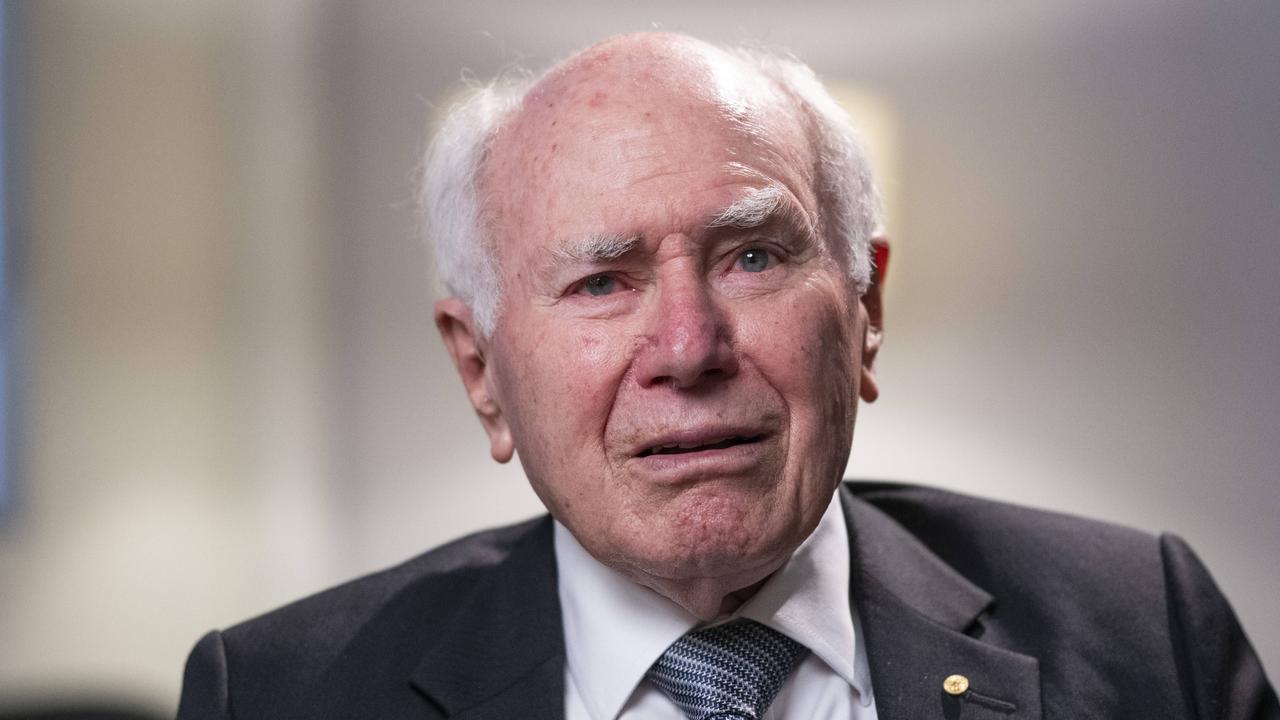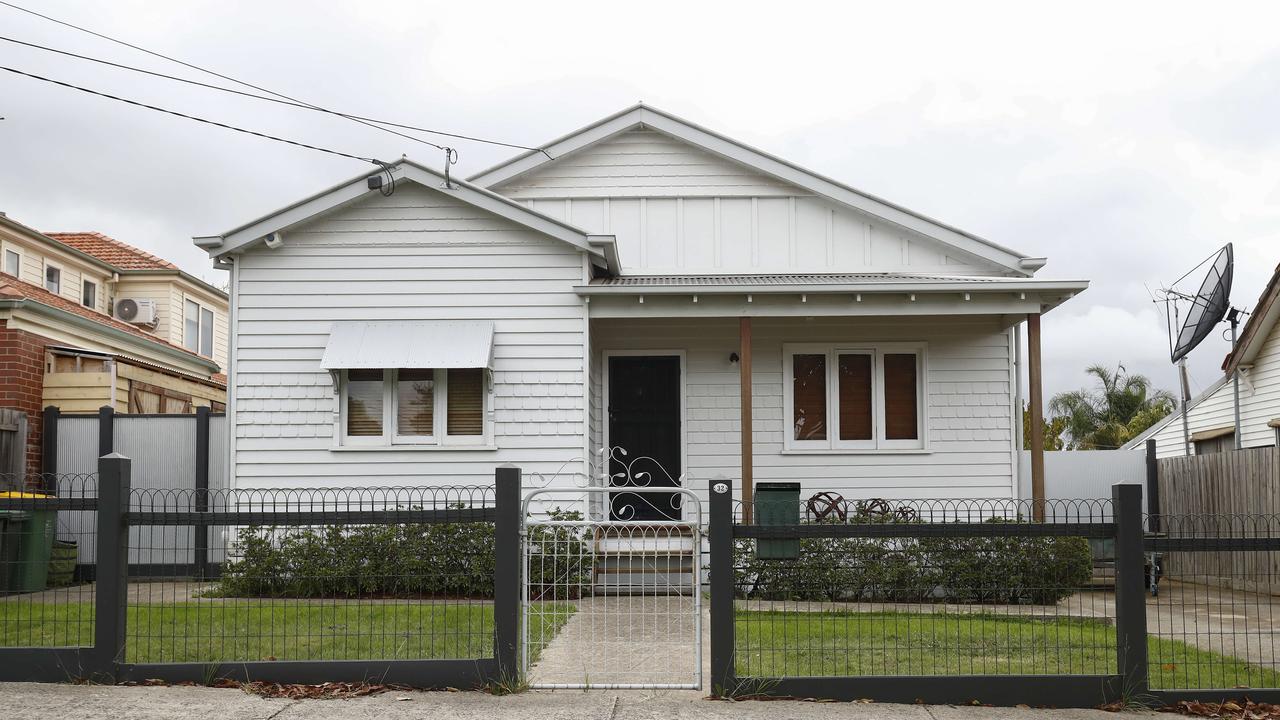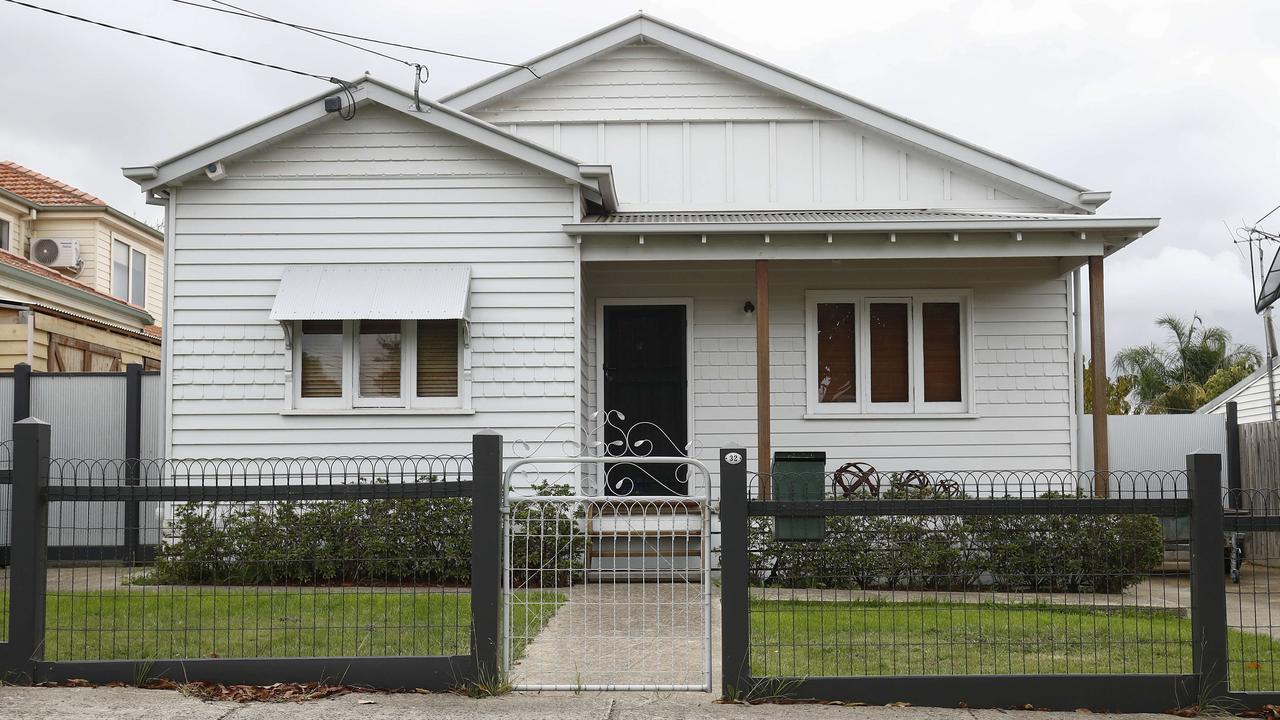Howard Government ignored 2003 warning on capital gains tax change impact on housing affordability
The Federal Government chose not to act on recommendations to review negative gearing and capital gains tax more than 20 years ago, new documents have revealed.

Despite recognising spiralling house prices were pushing home ownership aspirations out of reach more than two decades ago, the Federal Government at the time chose not to act on tax change recommendations, newly released documents show.
Cabinet documents from the 2004 Howard Government released by the National Archives on January 1 detail the response to a report that recommended reviewing capital gains tax discounts as soon as practicable.
The documents show the government tasked the Productivity Commission in August 2003 to evaluate the affordability and availability of housing for first home buyers.
The report noted that house prices had rapidly escalated since the mid-1990s from 6 times the average person’s income to 9 times, with booming demand and supply failing to keep up.
In June the following year, Prime Minister John Howard and Treasurer Peter Costello briefed cabinet on the Commission’s 10 recommendations — proposing to adopt the seven that focused on action at the state and local level.

These included pushing states and territories to release more land for development, allow higher density housing, improve planning approval processes and reform the “relatively inefficient” stamp duty tax system.
The Commission also suggested the government review the tax system, particularly the Howard Government’s capital gains tax changes in 1999 and negative gearing.
“The Commission has concluded that these general taxation arrangements have lent impetus to the recent surge in investment in rental housing and consequent house price increases,” the report noted.
In the cabinet response, the Prime Minister and Treasurer recommended not reviewing the tax system, noting “the importance of providing Australians with continued certainty for their investment decisions”.
“It’s not clear that the change in capital gains taxation in 1999 would have had a large impact on house prices,” they wrote.
Instead the pair proposed focusing on improving supply rather than “attempting to stifle the key drivers of demand” including low interest rates, employment growth and financial deregulation.

Under a subheading marked “sensitivities”, the pair said any policies to reduce demand by investors for housing may result in investors fleeing the market and have “serious impacts” on the economy and household budgets.
Mr Howard and Mr Costello flagged the government may face criticism for not reviewing tax treatment of investment in housing.
They also noted that any changes to increase housing demand, such as an increase to first homebuyer subsidies, may provide a disproportionate boost to prices.
Mr Howard and Mr Costello also wrote the government should reject a recommendation to establish an inquiry into the housing needs of low income households, claiming “significant resources” were already provided.
Mr Howard, Australia’s second longest-serving prime minister, halved capital gains tax for individuals as part of a push to increase investment in the Australian sharemarket.

But four years later the Productivity Commission found the decision “almost certainly contributed to the surge in investment in rental housing”.
“In general, provided nominal house prices increase by more than twice the rate of inflation over the relevant ownership period, the new arrangements advantage the investor,” the report found.
The 2004 report said there was no guarantee price rises would continue into the future, stating there was a general expectation growth would slow “at the very least”.
In a draft media statement, Mr Howard and Mr Costello stood by the capital gains tax changes saying they improved incentives to save and invest by introducing an internationally competitive tax regime.
“The government will therefore not be conducting a review of the tax system with respect to housing our changing the capital gains tax provisions,” they proposed to say.
Dr Liam Davies, a lecturer in sustainability and urban planning at RMIT, said he believed it was quite telling that the Productivity Commission suggested capital gains discounts had contributed to house price inflation only a few years after the cuts were legislated.
“Hindsight tells use these reforms should have been implemented back then,” he said.
“I think it shows a recognition the change was a mistake and was seen as a mistake early on... what we now have is a 20 year legacy of that problem.”

Dr Davies said the capital gains tax reforms had now become baked into Australia’s financial system with many building their wealth investment strategies around housing.
“We’re now 20 years down a path of a regime of tax incentives which inflate housing prices ... but it’s not too late,” he said.
In September, Dr Davies released a report calling for reforms that would force investors to improve conditions for private renters to qualify for the tax discount.
“The debate seems to have been largely black and white, there are other ways we can look at how capital gains discounts can be turned into incentives,” he said.




